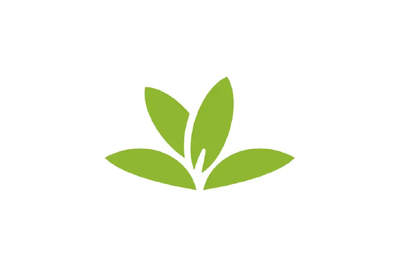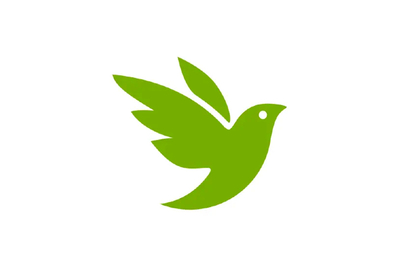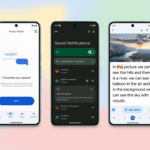Utilizing the right app can enable you to immerse yourself in nature, take part in citizen science initiatives, and gain knowledge about potentially dangerous or invasive plant species.
Across nine states, both in urban and rural settings, fourteen Wirecutter employees and their families tested seven free apps available for both Android and Apple phones.
If you are in search of an app that can swiftly and accurately identify plants, we suggest PlantNet Plant Identification. If you are interested in sharing your findings with other nature enthusiasts, both amateur and professional, we have an alternative recommendation for you.
Our pick

If you need an immediate, precise method of identifying plants without being bombarded with confusing ads, then this is the app for you. However, it offers less background information compared to some of the other apps we tested.
If you are looking for quick, accurate plant identifications from an app that is easy to use, we recommend PlantNet Plant Identification (iOS, Android). This app was able to differentiate a downy-yellow violet from an eastern redbud, a weeping forsythia from a tall goldenrod, and a maple from an oak within five seconds.
PlantNet is different from many of the apps we tested because it is not filled with ads or sneaky pop-ups trying to push you into paying for extra features. Although it does not offer as seamless a sharing experience as iNaturalist or as much background information about plants as some of the other apps we tested, PlantNet provides quick and accurate identifications that our testers found to be consistently reliable.
Also great

In addition to identifying plants, this app simplifies the process of sharing and confirming your discoveries with other observers, including amateur and professional naturalists. However, it is not as user-friendly as our top recommendation.
For educators, citizen scientists, and community members interested in identifying and learning about plants, as well as sharing information about them, iNaturalist (iOS, Android) is the app we endorse. Experienced users and expert researchers verify publicly shared identifications within the app.
It is simple to create and participate in “citizen science” projects within the app. Whether your aim is to share observations with other amateur naturalists in your area or to assist expert researchers in gathering a larger pool of observations (the results of which are sometimes published in scientific journal articles).
Although it performed well in our accuracy testing, iNaturalist was not quite as precise as PlantNet. It is also slightly more complicated to use.









